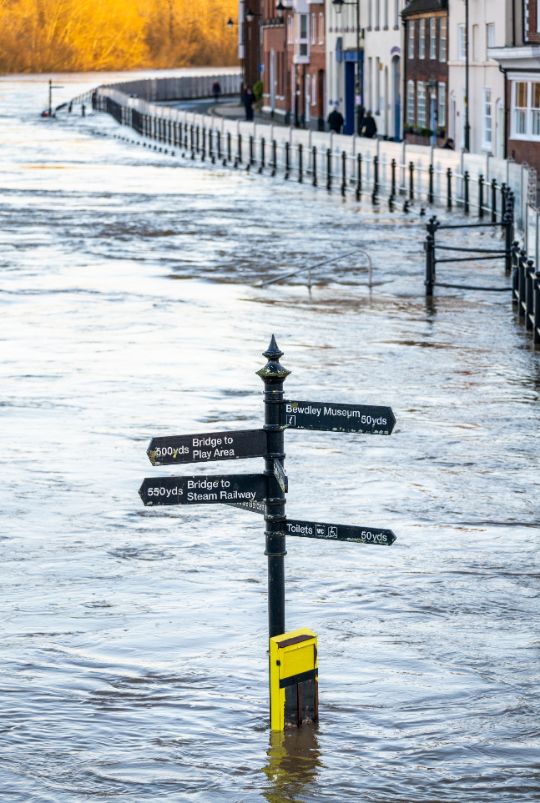The release of a new flagship UN report on climate change, published on Monday, highlights a concerning trend: carbon emissions from 2010-2019 have reached unprecedented levels in human history. This sobering data serves as compelling evidence that the world is hurtling toward a potential disaster. Many scientists argue that urgent action is needed, framing the situation as "now or never" if we are to successfully limit global warming to the crucial threshold of 1.5 degrees Celsius. The report underscores the pressing need for immediate and substantial efforts to mitigate climate change and protect the planet for future generations.
The report underscores a critical point: governments have often disregarded the scientific warnings regarding the impending climate crisis for too long. The report, endorsed by nearly 200 countries, issues a stark warning that current fossil fuel plans are pushing the world towards a 2-degree Celsius warming scenario. It strongly advocates for an immediate cessation of all fossil fuel subsidies and the construction of new coal plants while emphasizing that oil and gas reserves could potentially become stranded assets in the coming decades.
The scope of the required actions may appear daunting, but it is feasible if companies and businesses take immediate steps. The IPCC has called on governments to significantly accelerate their efforts, emphasizing that it is still possible to halve emissions by 2030.

Additionally, the UN body acknowledges a significant development: the substantial decrease in the cost of renewable energy sources since 2010. Costs for solar and wind energy, as well as batteries, have dropped by as much as 85 percent. This presents a clear opportunity for transitioning to cleaner and more sustainable energy sources, offering a pathway to mitigating climate change while also benefitting from cost savings and job creation in the renewable energy sector. It highlights the economic viability of moving towards cleaner energy alternatives.
In Ireland, the forecasted increase in electricity demand, ranging from 19% to 50%, combined with the ambitious target of meeting 80% of that demand with renewable energy by 2030, underscores the urgency of accelerating the deployment of renewable energy alternatives.
As of 2021, renewable energy accounted for 32% of Ireland's energy mix. Achieving the 80% target will require a significant expansion of renewable energy infrastructure, including the installation of more renewable generators, the enhancement of energy storage capabilities, and a continued reliance on natural gas as a backup fuel source during the transition.
With the growing adoption of solar energy and the untapped potential for offshore wind power, Ireland possesses the capacity to move closer to energy independence by 2030. The utilization of renewable energy sources not only contributes to reducing greenhouse gas emissions but also offers the prospect of increased energy security and sustainability for the country. This transition is a critical step toward meeting Ireland's climate goals and ensuring a more sustainable energy future.

© 2022 Cue Power Limited. All rights reserved.